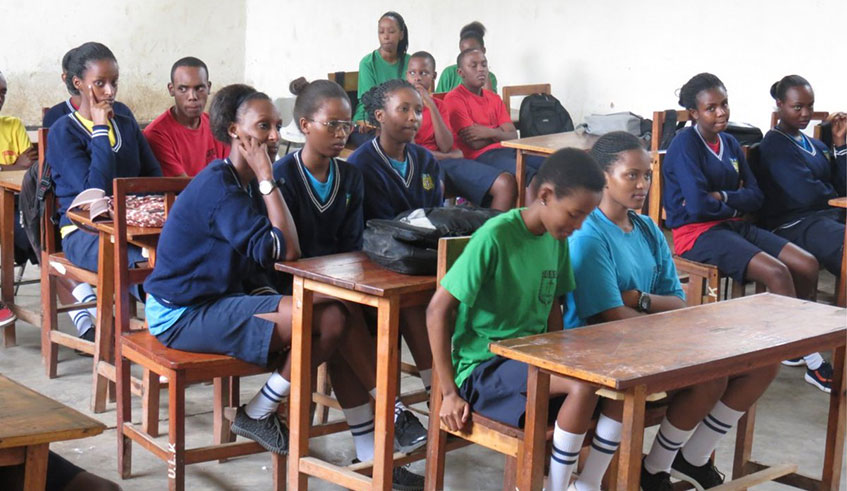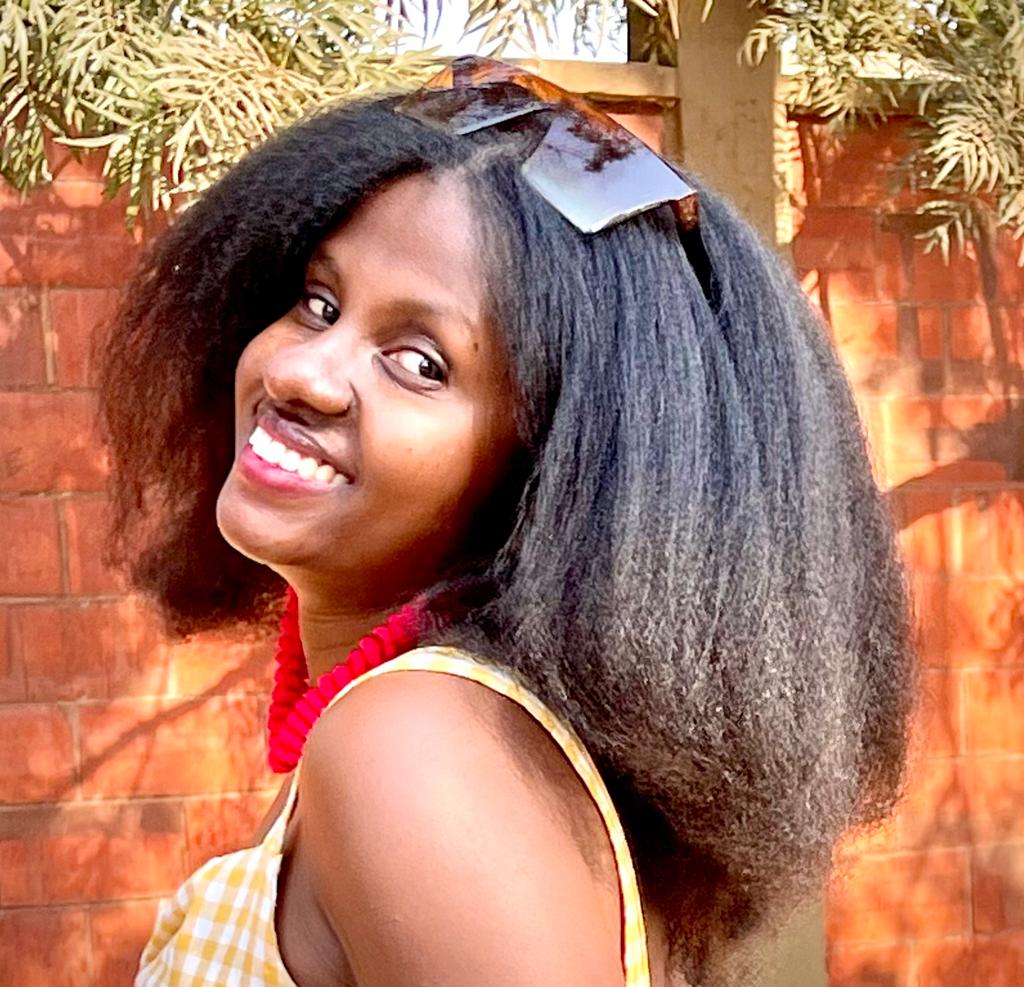

Discussion groups boost learning as they involve exchange of ideas and learning from each other. Group discussions also produce stimulating questions regarding the topic by the students, but most of all, allow students prepare for tests and exams. The more effort put in improving discussions, the better the results will be. However, how can this be achieved?
According to Peter Ishimwe, a student in Kigali, participation in discussion groups should be compulsory for every student because it adds interest, engages students, and helps them give feedback on certain information. Participation also enables students prepare for assigned questions and dialogue with other students, and it develops speaking skills, among other imperative values.
Marie Uyisaba, a teacher at Higiro Secondary School, Nyanza- Gisagara, says that for every discussion group to be effective, it must have a teacher as the mediator, that way, every students is given a chance to participate in the discussions.
A mediator helps students be able to manage their time effectively, without going off track or wasting time on unnecessary issues. Having the teacher around allows students to ask questions or give explanations on topics they are not well conversant with, she notes.
Uyisaba says that student participation in the classroom increases fun and the retention of accurate knowledge.
For Ishimwe, a whole class discussion can be an amazing source of knowledge when used correctly, but it is not always the best strategy to use if the goal is to get every student to talk. It is better to divide students into small groups since many students are not comfortable speaking in front of the whole class. They are worried that they will make a mistake and embarrass themselves in front of others. Large discussion groups hinder students who are shy or less confident to contribute.
Uyisaba explains that it is necessary to prepare before the discussion. Before the activity, teachers should ask the group to list potential review topics, and ask each individual to take responsibility for leading a topic during the review. If they have all decided on a topic, give them time to prepare. The teacher should be available for advice during preparation, and review itself.
She further says, leading a review topic can be a greater responsibility or challenge than the activity being reviewed —so ensure that everyone receives feedback on how they conducted their part of the review. The feedback may come from the group, the teacher or both.
Samuel Nkurunziza, the headmaster of Kagarama Secondary School, says the strategies to improve the quality of discussion groups is through noting down information discussed by every group, as it can be a summary while preparing for exams.
He says, if possible, the discussions should even be in form of quizzes and marks awarded, as this allows students do research and work harder to be winners. It is a bit competitive, yet informative at the same time.
Simon Peter Nzaramba, a teacher at Lycée Notre-Dame de Citeaux, Kigali, says that rules and expectations should be set before the discussions, for instance, teachers should give room for students to evaluate themselves, and set goals as they are vital towards improving discussion.
Students should evaluate themselves as individuals and as a group. This actually enables them to take discussions seriously.
While evaluating themselves, they should be able to tell what is going well with the class discussion. What could be improved? And the progress they are making towards the discussion goals. Teachers should share comments about the group’s progress with the class as a whole in order to get different views, he adds.
Nzaramba points out that evaluations involve student participation in a discussion, listening to others, and asking questions where necessary. Students have to pay attention when other groups are presenting as well.
He notes that it is also good to manage the discussions so that they don’t get boring; an instructor can keep students engaged. Instructors can conduct spot polls, or have students answer questions, or exercises or competitions.
"To make the discussion effective, extensive research should be done to enable students give necessary information. Students in the group should all be able to present their work and answer any questions by the teacher or other students,” Nzaramba says.
editor@newtimesrwanda.com


